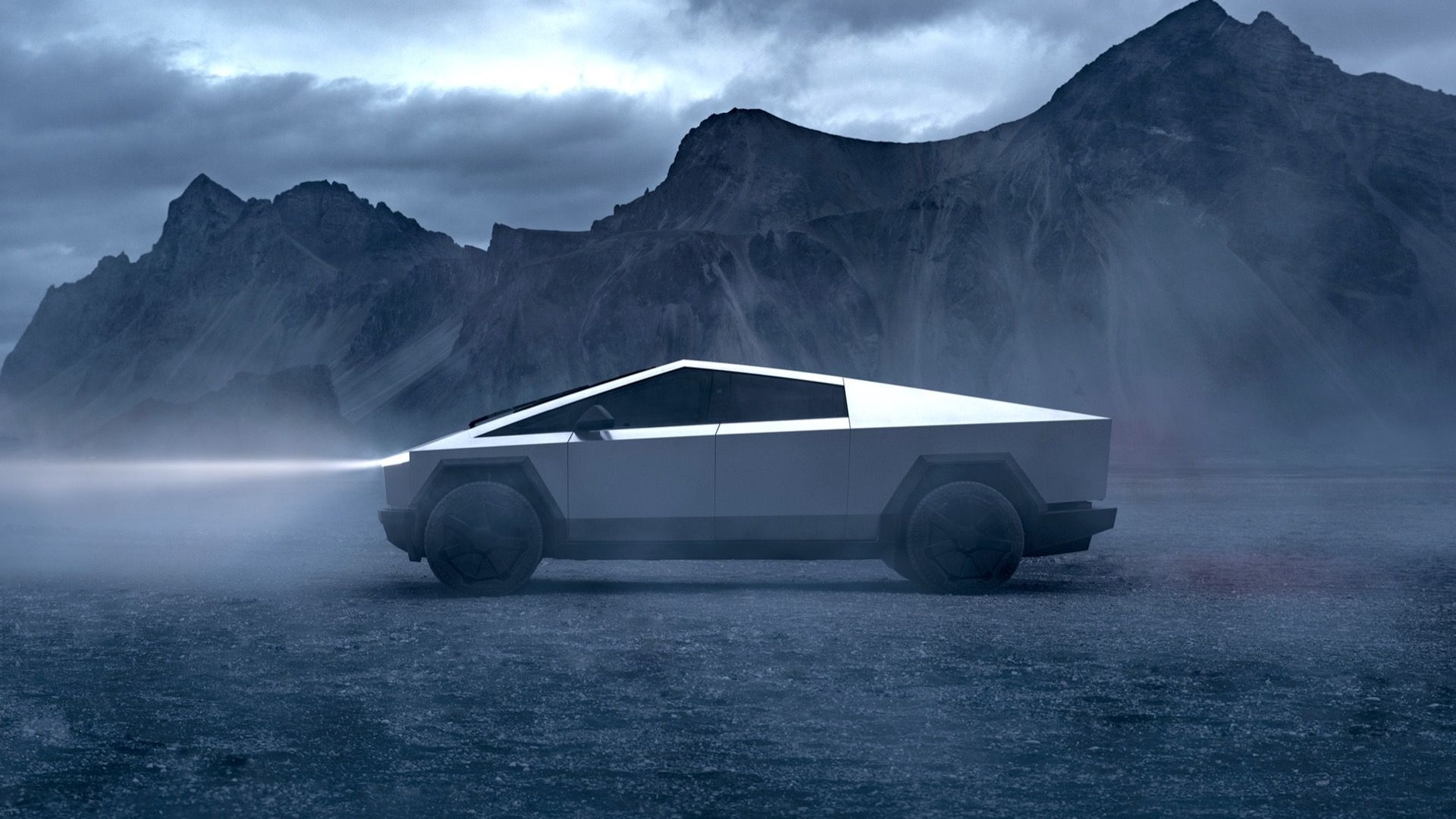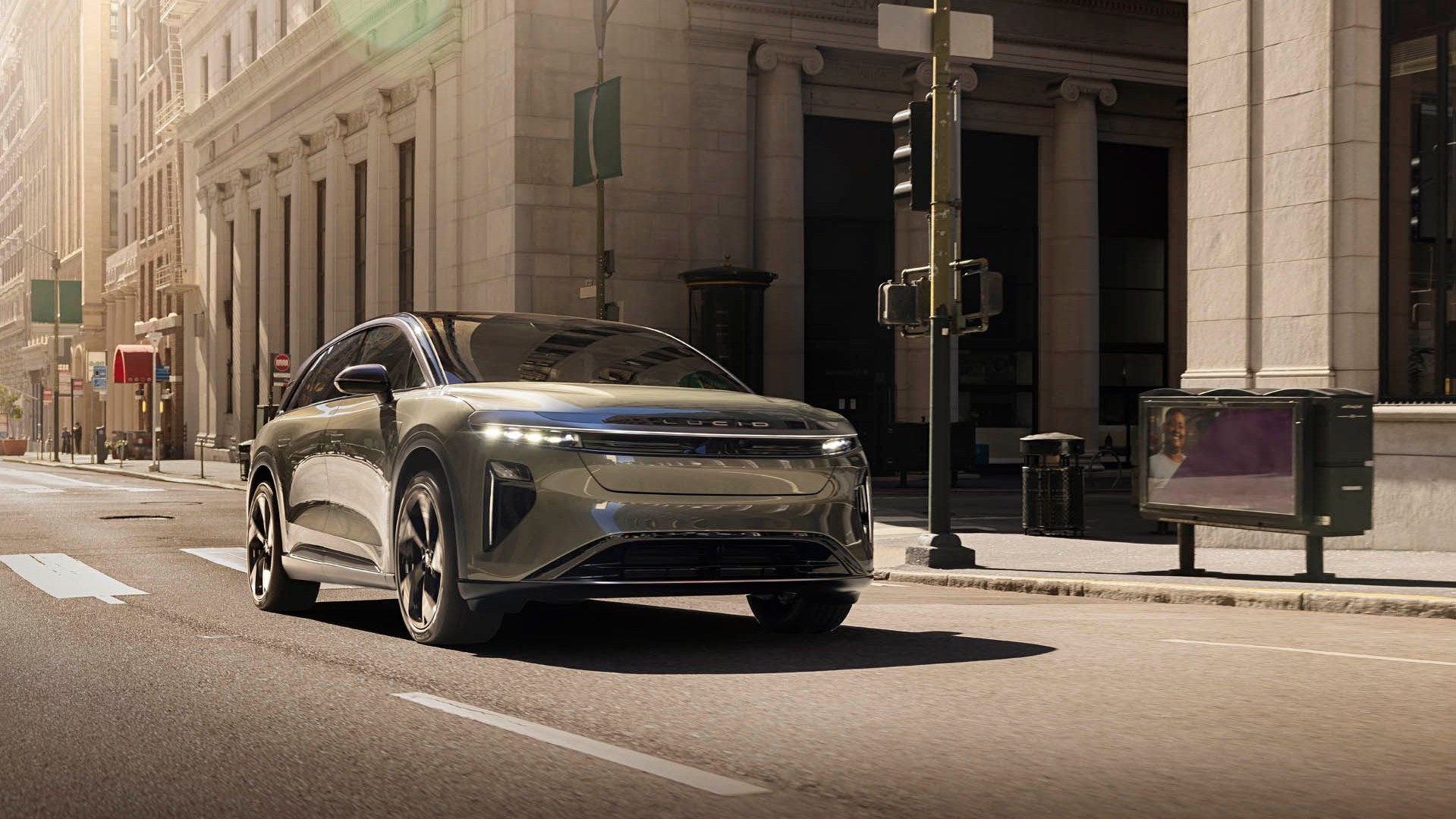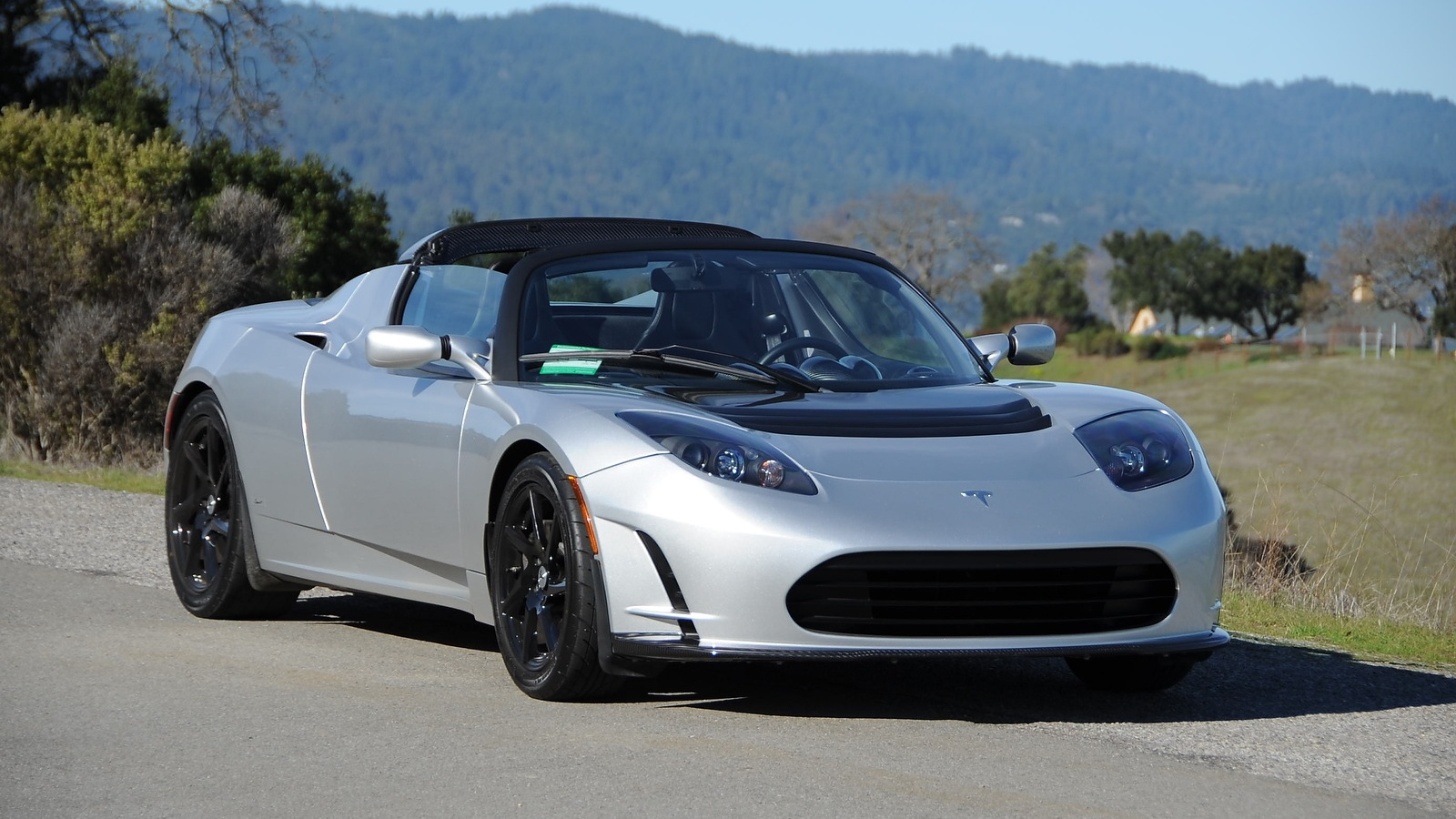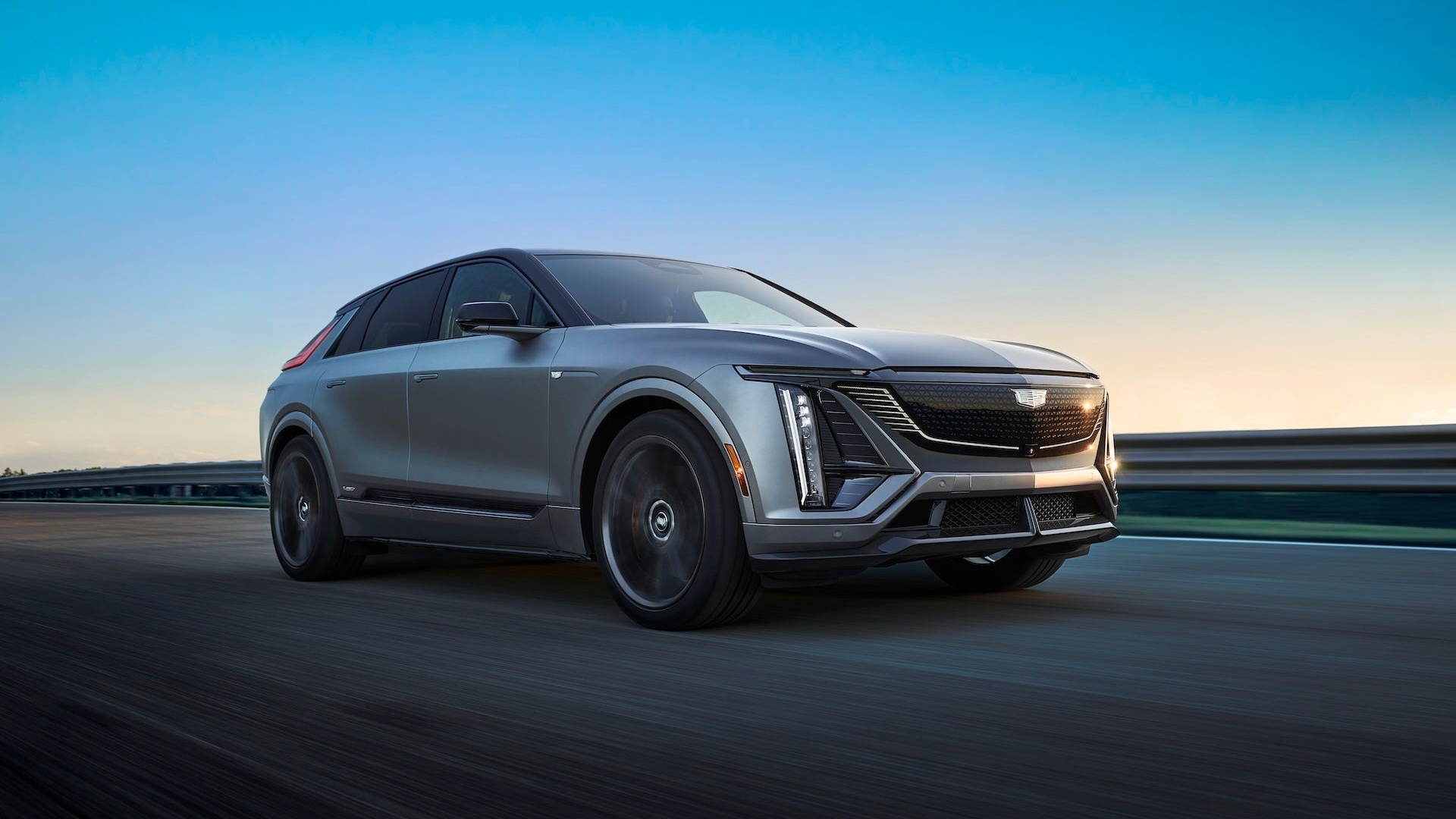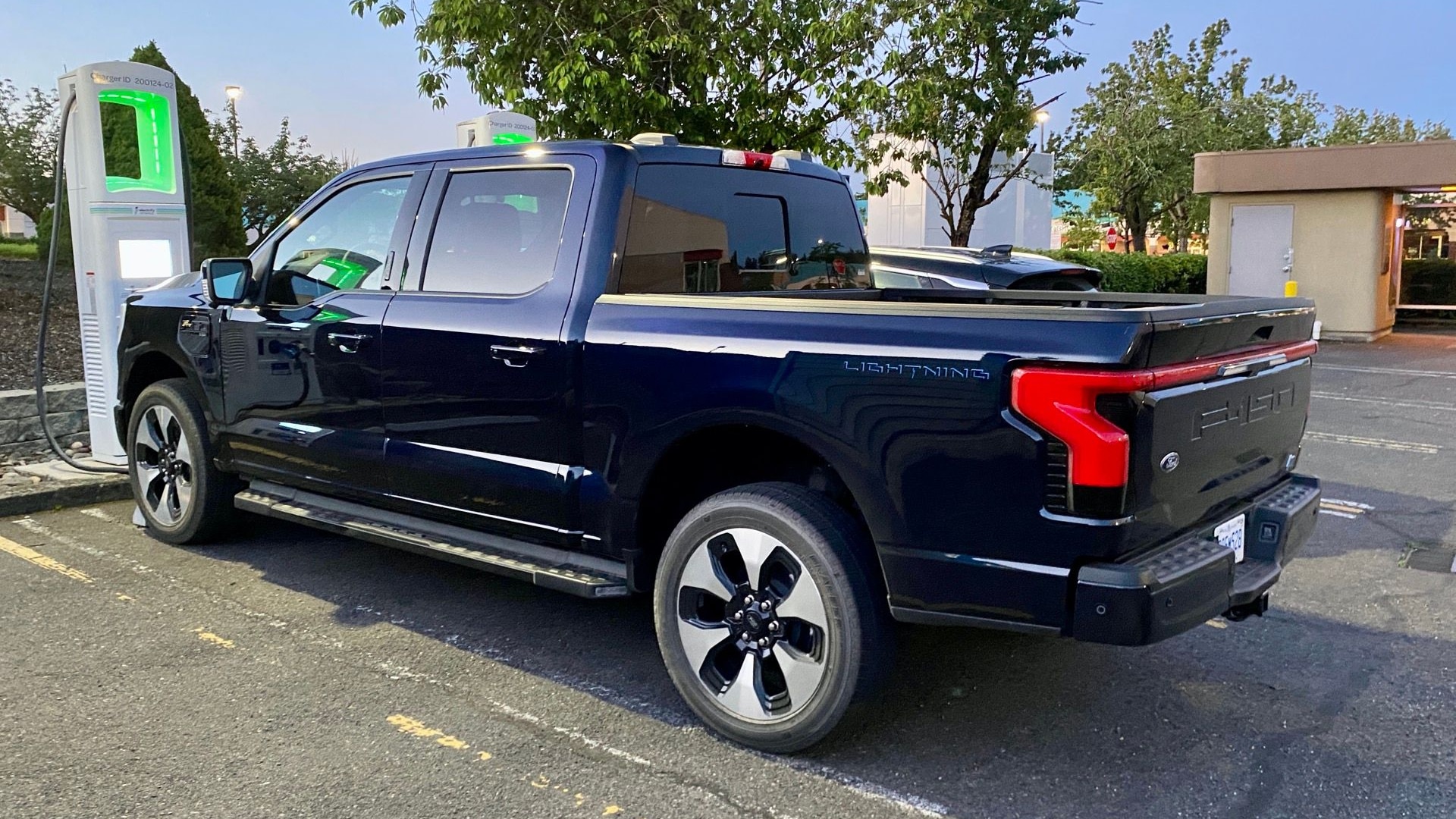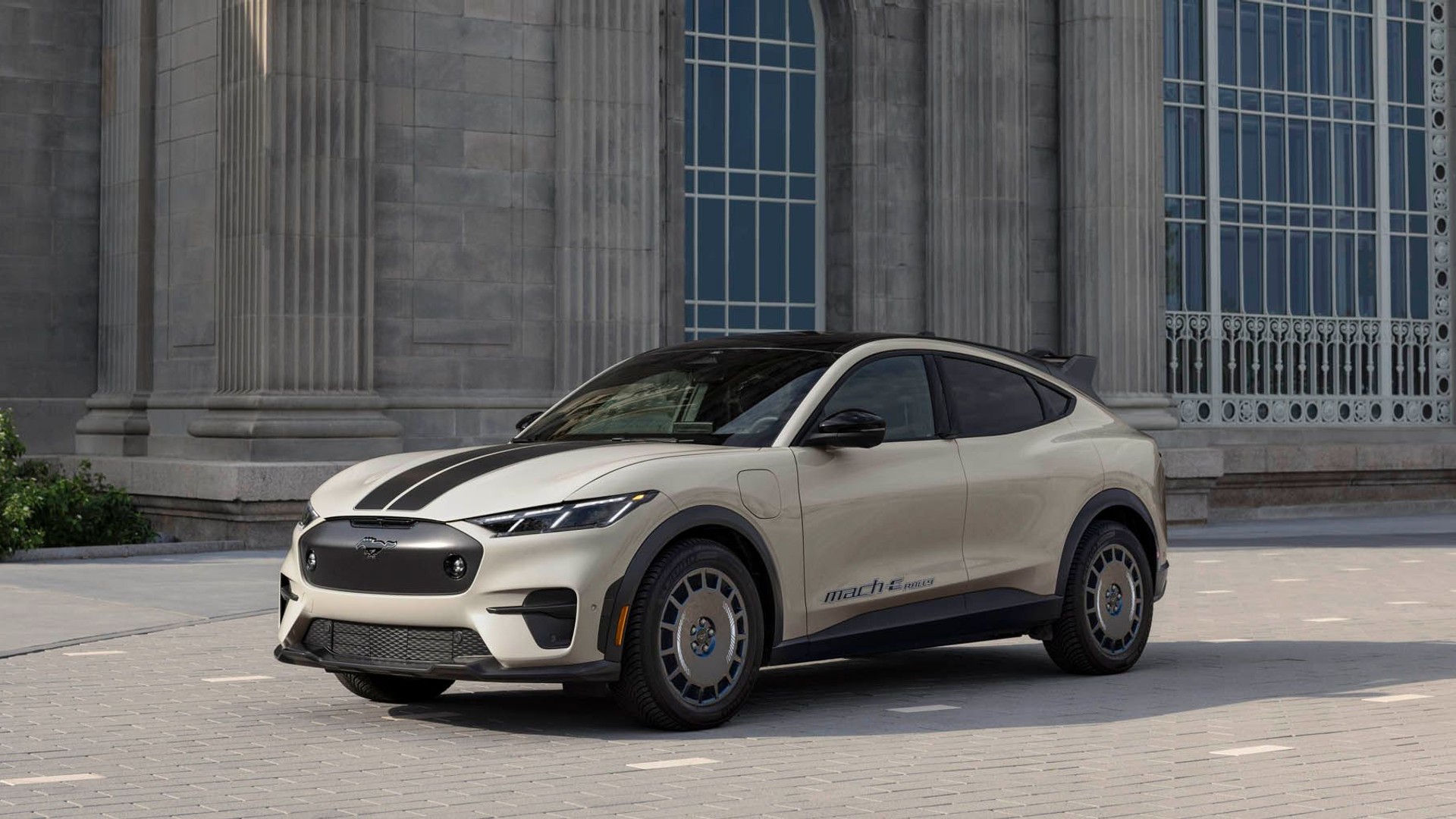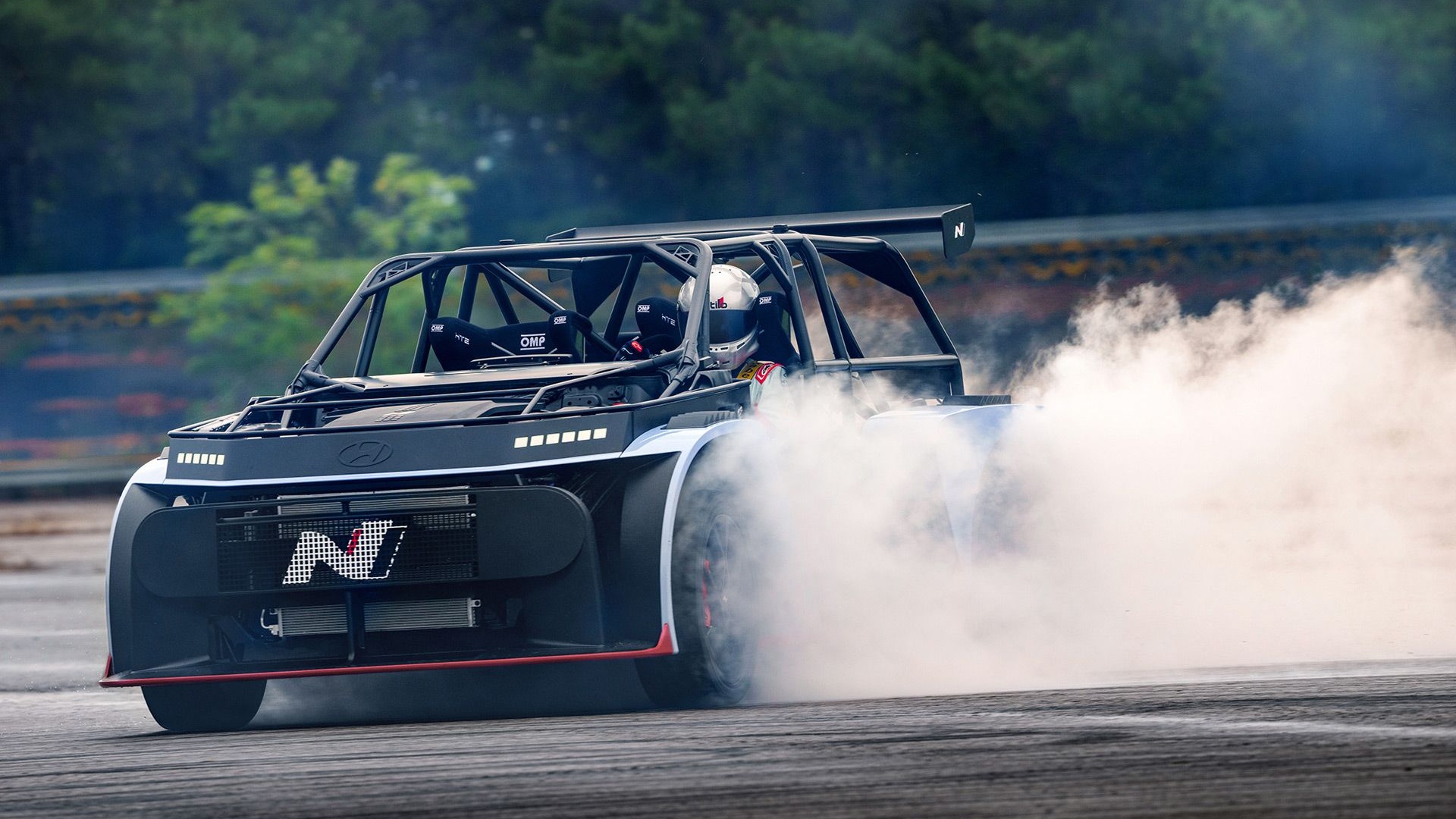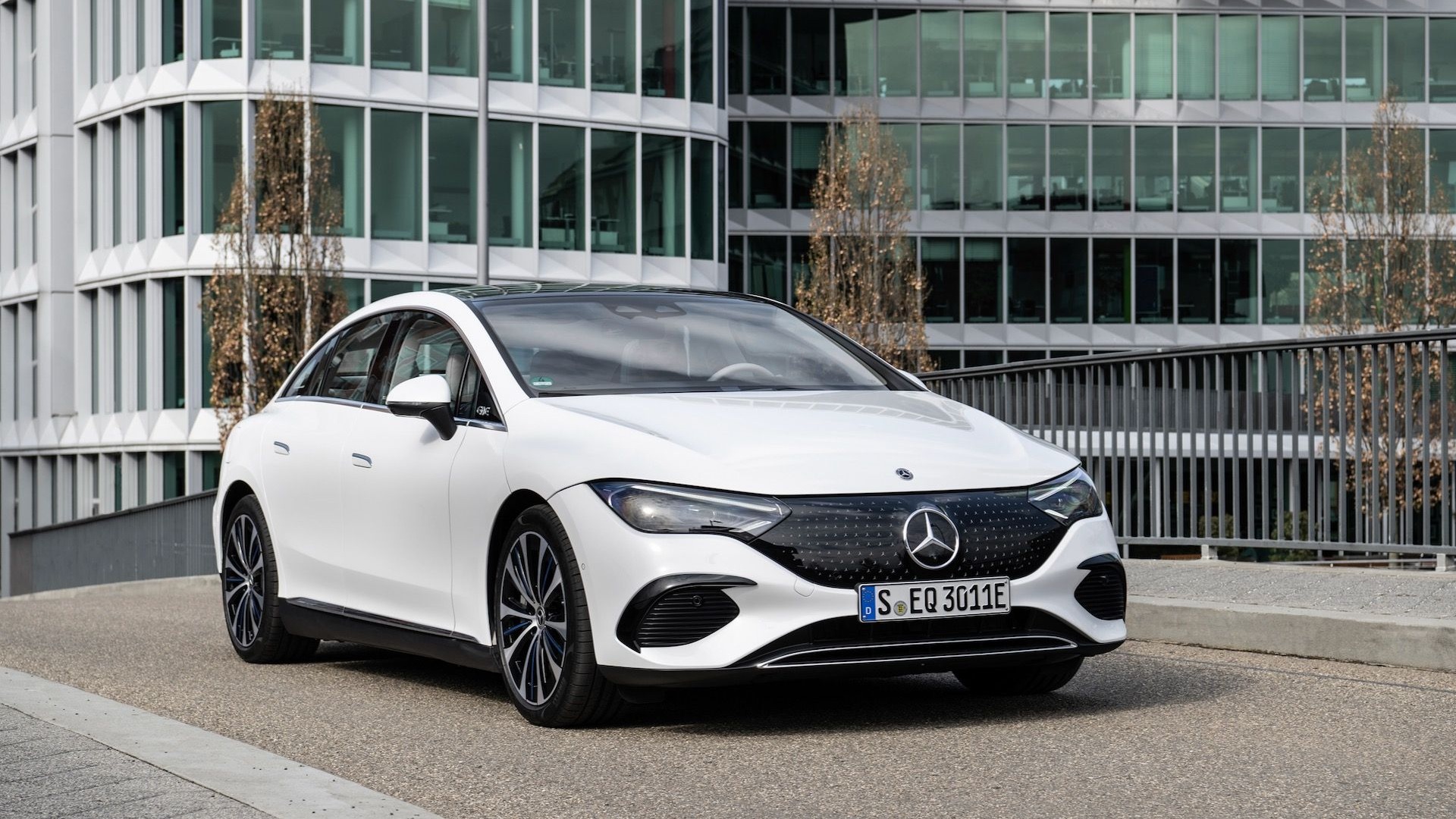Volvo invests in mobile charging. Vehicle bodies might double as batteries in the future. And yes, the day has finally come for Tesla. All this and more on Green Car Reports.
Tesla yesterday reported a profit. With some creative number-crunching, it also claimed to have the best-selling car in the U.S. on a revenue basis. Other good news for Tesla: People are trading up from lower-priced vehicles, and only 20 percent of the 455,000 reservations the company once reported have cancelled, far less than stock shorters had speculated.
The Model 3 also maintains a serious efficiency edge when you look at EPA-rated range versus better capacity. It’s one of Tesla’s continued market strengths.
Volvo has invested in Freewire, a California company that provides mobile (and portable) chargers that can be used as a workaround for gaps in the established charging network. The carmaker has an electric vehicle on the way within a couple years, plus various plug-in hybrids.
Batteries might not always be a separate, heavy, hard-to-package component. Researchers in Sweden think they have a technology that could potentially be used to turn carbon-fiber vehicle bodies into batteries themselves in the future.
By the end of 2018, GM will extend its Maven car-sharing service to 10 new cities, including Baltimore, Boston, Washington, D.C., Los Angeles, and San Francisco.
And Tesla’s upcoming plant in China is expected to build the Model 3 and Model Y, according to a filing. In Wednesday’s earnings call, CEO Elon Musk reported the Model Y is approved in prototype form and on track to start production in 2020.




